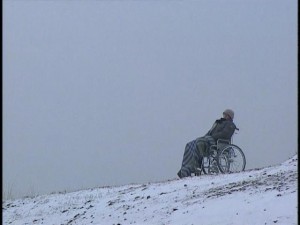 Over at the Corner, Wesley Smith posted a comment on Boston’s Question 2 (assisted suicide). You can find it here.
Over at the Corner, Wesley Smith posted a comment on Boston’s Question 2 (assisted suicide). You can find it here.
Here was my response:
Wesley, you write:
“Pro-assisted-suicide activists often claim falsely that opponents want to force (Catholic) religion on rational people.”
Clearly there are people of many different faiths and of none who are opposed to assisted suicide. They are so for a wide variety of reasons, sometimes rooted in religion, and sometimes not. As the Boston Globe puts it in the extract from the editorial you cite, “reasonable people” can disagree over this issue.
Equally (as I am sure you would accept) the Roman Catholic Church is a part of the coalition opposing Question 2 and that (unsurprisingly) it is so for primarily religious reasons. That’s not in the slightest bit shocking, but nor is it something to be denied.
Then we come to these words in the Boston Globe editorial cited by you:
“[A] yes vote would not serve the larger interests of the state.”
As you note, it is a liberal newspaper.
The newspaper’s conclusion is that various constituencies ( ”the medical community, insurers, religious groups, and state policy makers”) should keep talking, and talking mainly about what should be done for people rather than by people. And as they keep talking, somewhere someone (trapped suddenly, say, in locked-in syndrome) will find himself deprived of his individual autonomy in the most profound manner imaginable. He may, quite rationally, decide to make the best of it, or at least to cope, and that, of course, is his inalienable right. But what of the patient who decides, no less rationally, that he would rather not face the years of imprisonment (as he sees it) in his own body that may lie ahead? You can explain to him about the dangers of legalized assisted suicide, and of the perils of the slippery slope, but something tells me that he will conclude that he has slid down a slippery slope all of his own. And has been left to rot there.
Wesley replied here.
